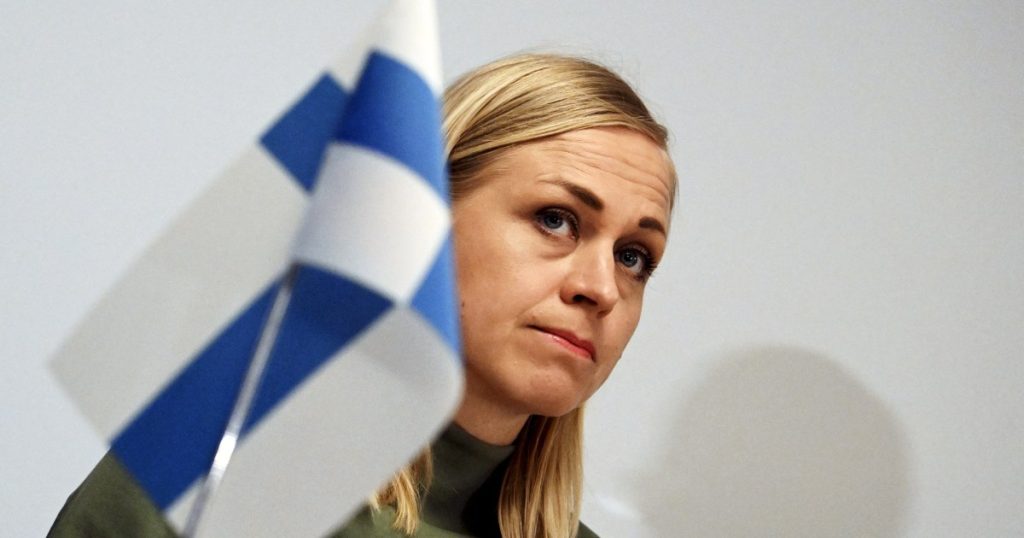Leaders around the Baltic Sea expressed concern over reports that Russia may revise the borders of its territorial waters in the region. Lithuania’s foreign minister described it as an “obvious escalation” that needs to be met with a firm response. The draft proposal suggests updating the coordinates used to measure the strip of territorial waters off Russia’s mainland coast and islands in the Baltic Sea, with the existing coordinates deemed outdated based on small-scale nautical navigation maps.
Sweden’s Prime Minister and Finland’s Foreign Minister both emphasized that Russia, as a signatory party to a United Nations convention which regulates border changes, is expected to uphold its responsibility. Finnish President Alexander Stubb stated that Finland had not been contacted by Russia on the matter and would handle the situation calmly and based on facts. Lithuanian Foreign Minister Gabrielius Landsbergis accused Russia of attempting to spread fear, uncertainty, and doubt regarding its intentions in the Baltic Sea, particularly in light of Russian troops’ recent advances in northeastern Ukraine.
German Defense Minister Boris Pistorius, during his visit to Lithuania, characterized the situation as an example of the hybrid warfare tactics practiced by Russian President Vladimir Putin. The Baltic News Service reported that Lithuania summoned the Russian representative for an explanation following the proposal’s publication, although Russia later clarified through its Interfax news agency that it did not intend to revise its borders or territorial waters’ width. Kremlin spokesman Dmitry Peskov emphasized that the Defense Ministry’s proposal was not political but rather a response to escalating tensions and confrontation in the region.
Since Russia’s full-scale invasion of Ukraine in 2022, Finland and Sweden have joined NATO, significantly altering the military landscape around the Baltic Sea. Russia’s maritime access to St. Petersburg and its Kaliningrad enclave is now almost entirely surrounded by NATO members. Kaliningrad, situated between Lithuania and Poland and home to the Russian Navy’s Baltic Fleet, has become a focal point for potential conflict in the region. The proposal for revising territorial waters comes at a time of increased military presence and security concerns in the Baltic Sea area.
The international community is closely monitoring Russia’s actions in the Baltic Sea, with concerns about potential violations of the United Nations convention governing border changes. Swedish and Finnish leaders have emphasized the importance of adherence to international conventions and agreements in resolving territorial disputes. The Russian proposal has prompted reactions from various countries, with Lithuanian and German officials highlighting the need to address escalating tensions in the region. Despite Russia’s clarification that it does not intend to revise its borders, the situation remains a point of contention among Baltic Sea countries and NATO members.


